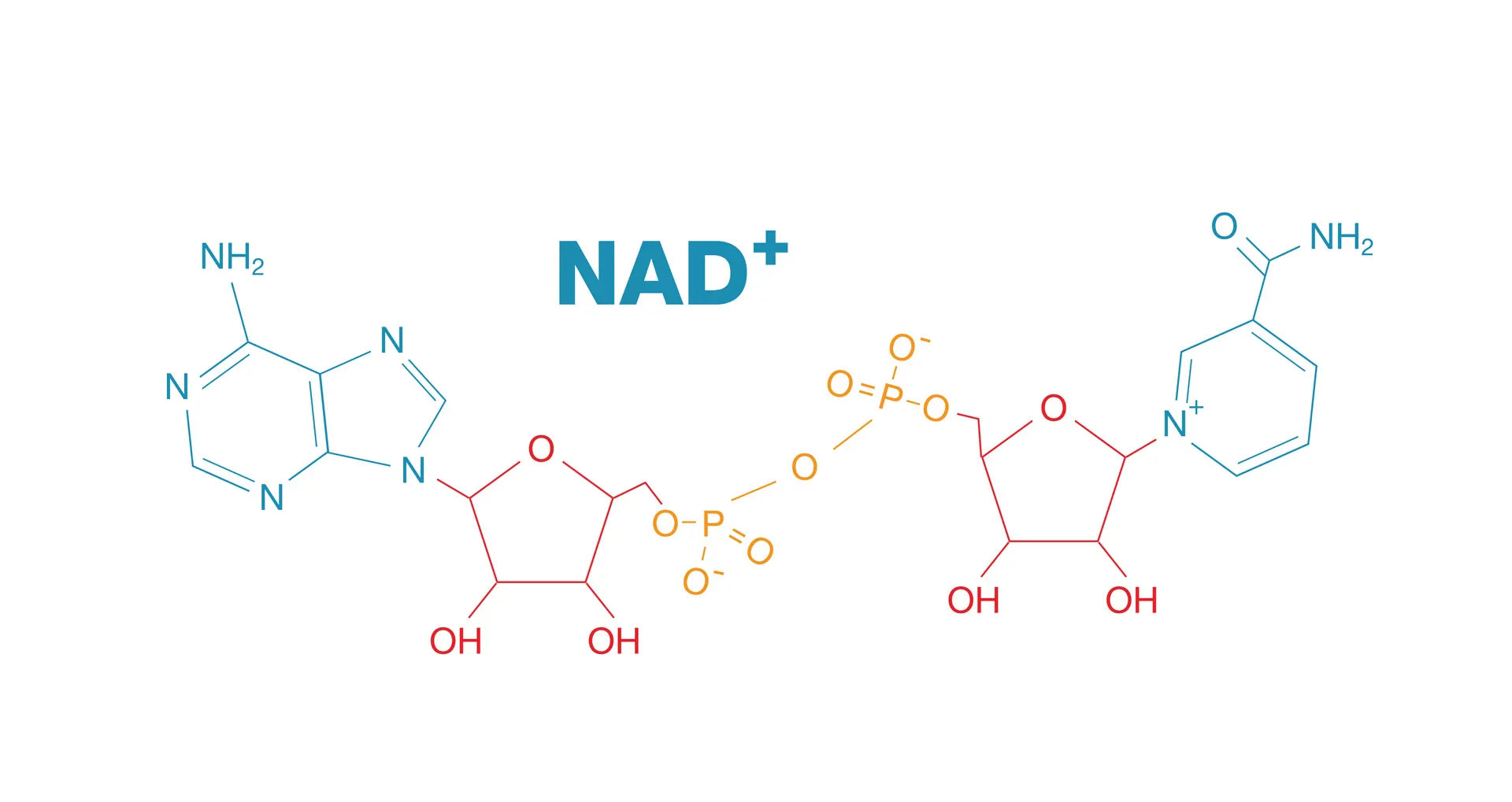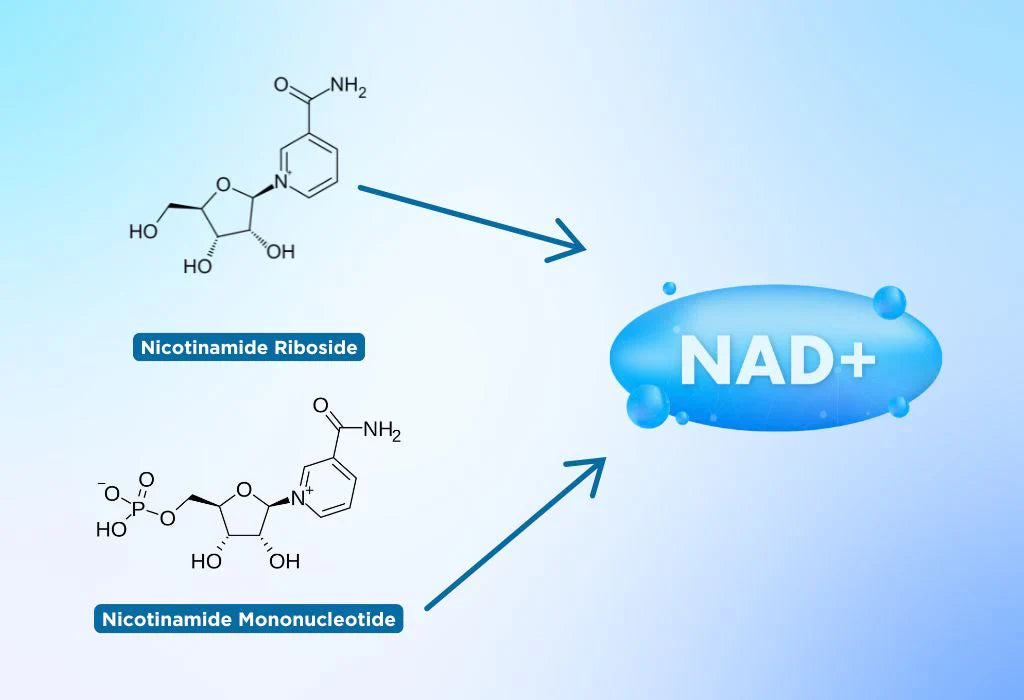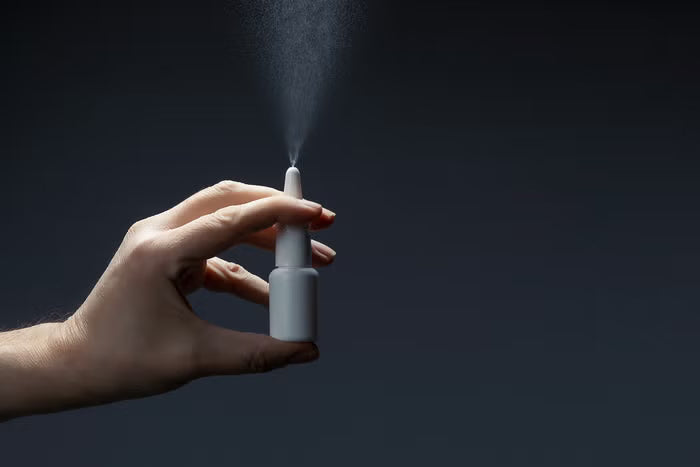Peptides Explained: How They Work and Why They Matter for Longevity
Peptides are one of the most exciting areas in modern health and longevity science. You may have heard of peptides in skin creams or athletic supplements, but prescription-grade peptides are different. Let’s explore what they are, how they work, and why healthcare providers are increasingly studying them for wellness.
What Are Peptides?
- Short chains of amino acids (the building blocks of proteins).
- Naturally occur in the body, regulating hormones, immune function, and cell signaling.
How Do Peptides Work?
- They act like “messengers,” signaling cells to perform certain actions.
- Example: Some peptides support tissue repair, others influence metabolism or stress response.
Why Are Peptides Linked to Longevity?
- Peptides like BPC-157 are studied for healing and recovery.
- Sermorelin is used to support healthy hormone levels.
- Selank has been researched for potential cognitive and mood effects.
Different Types of Peptides
- Regenerative peptides (healing, recovery).
- Cognitive peptides (focus, stress response).
- Metabolic peptides (energy, body composition).
Prescription vs Over-the-Counter
- Cosmetic peptides in skincare differ greatly from prescription-only peptides.
- Licensed providers prescribe specific peptides only after medical evaluation.
Are Peptides Safe?
- Research is ongoing.
- Safety depends on dosage, product quality, and medical supervision.
- Always requires prescription when used therapeutically.
Key Takeaway
Peptides are more than a buzzword — they’re part of how our bodies regulate themselves. Prescription peptides may support specific areas of health under professional guidance.
👉 Explore whether peptide therapies could be clinically appropriate for your wellness goals together with Serena Health.



